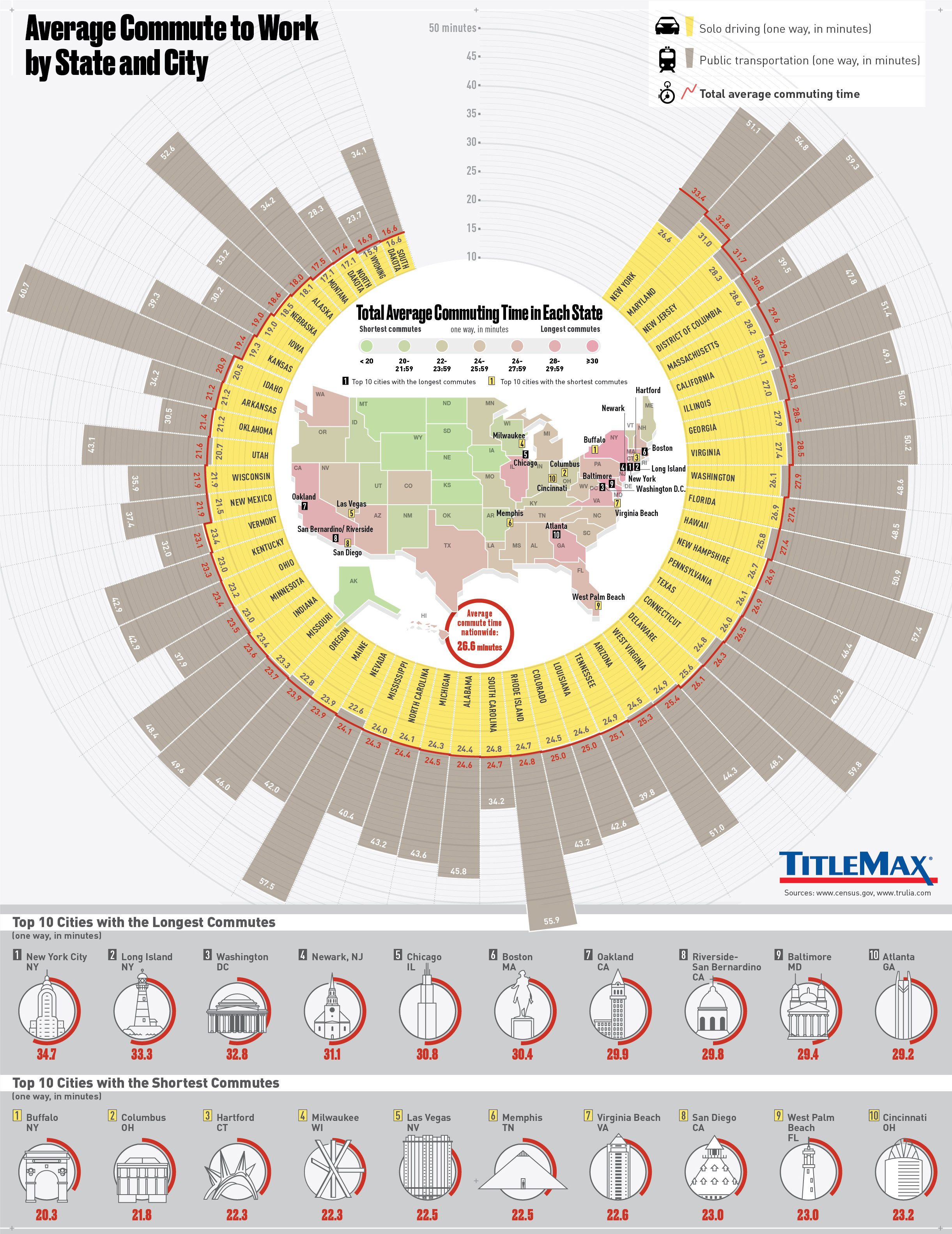Story going around about a Tesla that survived machine gun fire.
"This is the amazing story of how Tesla saved the life of one of the first Israelis to face Hamas.
The story appeared on Walla website"
View attachment 982017
Walk around video at
----------------------
This is not how C, a resident of Kibbutz Mefalsim, planned to spend last Shabbat. But minutes after the Hamas forces invaded the settlements outside Gaza, C, a member of the settlement's emergency squad, was called to an incident. He rushed to his Tesla Model 3 Performance and started driving to the assembly point. His Apple Watch was stopped by a shrapnel at 6:50.
Photos that appeared for the first time on the Tesla Israel Telegram channel document what happened next. Speaking from Sheba Hospital where he is hospitalized after a series of head and hand surgeries, he spoke about a drive he will never forget.
"The terrorists recognized me from a distance of 10 yards. In addition to their Kalashnikovs, they had a machine gun that fired bullets of a larger caliber. They did not realize that it was an EV, so they shot at the front, hoping to hit the engine that wasn't there, and at the back, trying to set the fuel tank on fire. Of course there was also no fuel tank. They shot my tires. I pressed the accelerator, and they started chasing me."
In this battle it was a Toyota truck against one driver in a private car. But it was also a chase between a diesel truck with about 150 hp, against an electric sedan with more than 530 hp and dual drive. About 15 well-armed terrorists facing a wounded, but determined driver, who found himself fighting for his life hundreds of meters from his home.
"They shot my tires, but the acceleration of the Tesla is amazing even in this situation, and the dual drive managed to keep me on the road. I quickly got away from them, but I realized that I had to get to the hospital as soon as possible and I drove at a speed of 112 mph with flat tires. The tires started to crumble, but the dual drive balanced out the wheels, some of which were already on the rims. According to the app, I continued to drive at around 110 mph."
C had already made the journey from Barzilai Hospital in Ashkelon in an ambulance, after the bullet-riddled Tesla managed to bring him to the hospital gates. Although about 100 bullet holes were counted in the car, the front window remained cracked all the way but did not disintegrate. The windows of the doors were smashed by the rescue teams who rushed to get him out and transfer him to treatment.
"Bullets hit my legs and hand, got one in the skull and I was also hit by shrapnel. But my head works, and motivation kept me on the road and even now in the hospital. The car continued to drive, the battery didn't heat up, but it took a lot of damage. There is no part that didn't take a bullet. It still drives if you press the pedal, but it seems to me that I should already be thinking about my next Tesla."
--------------








